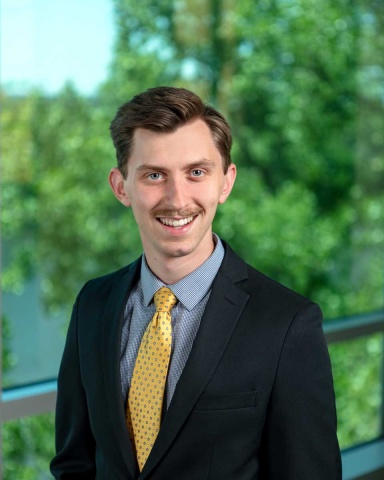Too often we begin with a problem, we create programs, and then, as a last step, we look through the eyes of the poor. Ismael Hernandez, a speaker at the Poverty Cure Summit, argued that to improve human flourishing, we need to reverse that order. The Summit took place on November 18 and 19 and brought together 2,800 students, teachers, non-profit leaders, business leaders and clergy from 70 countries and 49 states to explore real solutions to poverty. These domestic and international experts from both profit and non-profit sectors presented key insights into poverty setbacks and solutions.
Michael Matheson Miller opened the conference with three foundational principles. First, human persons “are not objects to be manipulated or socially engineered” and poor people “are people just like all of us.” Second, “We’ve replaced charity, which is concrete love of the other” with “humanitarianism, which focuses on providing comfort … but doesn’t take into account seriously enough human flourishing.” Third, the poor don’t just “lack stuff.” They are “excluded from the institutions of justice.” These principles formed a crucial base for the rest of the conference’s content.
The goal of the event was for attendees to engage deeply and come away with new insights. Many attendees shared how beneficial the Summit was because of the diversity in the programming. A global participant said how much they enjoyed “hearing from various speakers, with different backgrounds and experiences, from around the world on many topics.” One attendee emphasized the necessity of compassion on a personal level, saying, “I learned that relationships and connections are more important than programs. I took 23 pages of notes!” Another came away with a more nuanced view of the role of civil institutions. “I learned that poverty is a phenomenon with multiple causes and that non-state institutions have a fundamental role in reducing it, although that role is often underestimated by society.” According to one participant, the role of business was also a key takeaway and “actions taken by entrepreneurs benefit the poor by giving them opportunities to improve their situation by working in useful enterprises and companies.” These insights are the most exciting aspect of the summit because they will continue to bear fruit long after the conference has come to a close.
Although the change in mindset and call to action began at the Poverty Cure Summit, they will not end there. Within the conference portal, attendees have access to resources such as the Poverty Cure video series. Equipped with these vital resources, leaders from across the globe will surely continue to impact their communities. Solutions to poverty must start locally, and to make real change, business owners, entrepreneurs, churches, and non-profits must join together. The Poverty Cure Summit is a significant step in the right direction.







